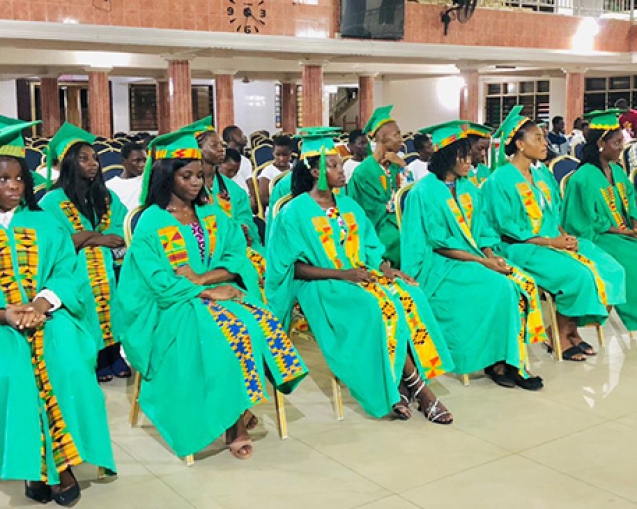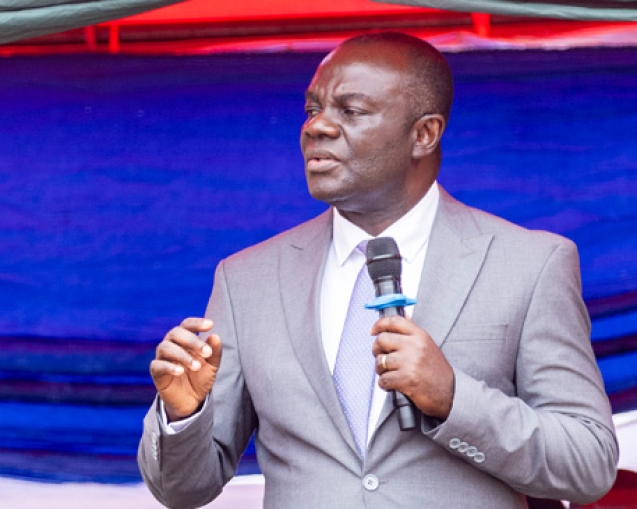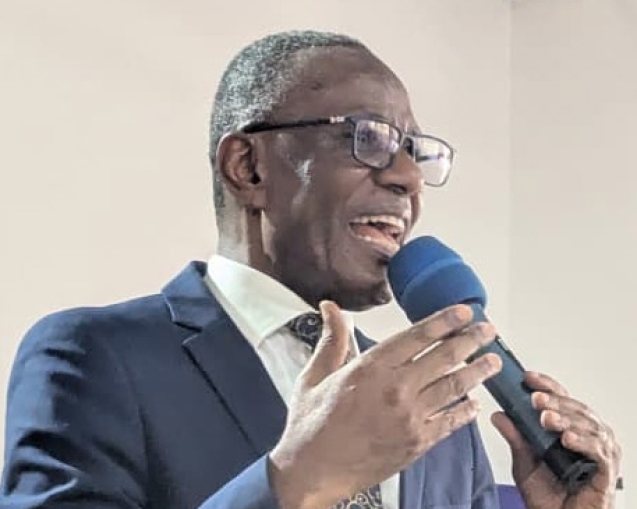The Pentecost experience is a significant moment in Christian history that occurred after the resurrection of Jesus Christ. It is a moment marked by the outpouring of the Holy Spirit upon the apostles and followers of Jesus Christ before Christ’s ascension into heaven. Pentecost marks the beginning of the Christian Church, a movement empowered and energised by the Holy Spirit. This essay explores the historical context, theological significance, and contemporary relevance of the Pentecost experience.
The Pentecost experience occurred fifty days after the resurrection of Jesus Christ. It was during the Jewish festival of Shavuot (Pentecost in Greek), also known as the Feast of Weeks. This was when Jews from all over the Mediterranean region would gather in Jerusalem to celebrate the giving of the Torah on Mount Sinai. On this particular day, the apostles and other followers were gathered together in a room when suddenly, a sound like a rushing wind filled the room, and tongues of fire appeared above the heads of each of them. They began speaking in different languages as the Holy Spirit empowered them to proclaim the good news of Jesus Christ to everyone gathered in Jerusalem.
Theologically speaking, the Pentecost experience is significant in several ways. First and foremost, it affirmed the promise of Jesus Christ in Acts 1:5, where he promised his disciples that they would receive the Holy Spirit. The Holy Spirit in the Pentecost experience unified the diverse followers of Jesus Christ and empowered them to carry out the work of Christ in various parts of the world. It was this experience that gave the Church the boldness to proclaim the good news of Christ, even in the face of opposition, persecution, and even martyrdom.
The Pentecost experience also emphasises the importance of diversity in the Church. The Holy Spirit enabled the apostles to speak in different languages, allowing them to communicate the good news of Jesus Christ to people from different cultures and parts of the world. This is an important reminder for us today; the Church must continue to embrace diversity and welcome people of all cultures and ethnicities, just as the Holy Spirit did at Pentecost.
Additionally, the Pentecost experience is also significant because it was a fulfilment of prophecy. In Acts 2:17, Peter quotes Joel 2:28-29, where it is prophesied that God would pour out his Spirit on all people. This prophecy was fulfilled during Pentecost, as the Holy Spirit came upon everyone present, regardless of ethnicity or social standing. The Pentecost experience also reminds us that the Holy Spirit is not exclusive to certain groups of people; it is available to all who believe in Jesus Christ.
Another theological significance of the Pentecost experience is the way it transformed the apostles’ lives. Before Pentecost, the apostles were fearful, insecure, and unsure about the future. But after they were filled with the Holy Spirit, they became bold, confident, and empowered to carry out the work of Christ. This transformation is a powerful reminder that the Holy Spirit can transform us as well. The power of the Holy Spirit enables us to overcome our fears, insecurities, doubts, and inadequacies and become the people God has called us to be.
Moreover, the Pentecost experience also highlights the importance of community in the Christian faith. The Holy Spirit brought the apostles and other followers of Christ together, and they were able to support, encourage, and hold each other accountable. This is an important reminder for us today; as Christians, we are not meant to walk alone but are called to intentionally engage in community with one another.
In modern times, the Pentecost experience continues to have relevance for the Church. The outpouring of the Holy Spirit at Pentecost is a reminder of the power of the Holy Spirit in the lives of believers. The Holy Spirit is not limited by time, culture, or geography but is active and present today. The Pentecost experience also reminds us of the importance of evangelism, that the message of salvation through Jesus Christ is for all people, regardless of their background or culture. The Pentecost experience also challenges us to continue to embrace diversity and welcome people of all cultures and ethnicities into the Church.
Overseer Ebenezer Kwabena Vebu (Tongor Lakeside District (Ho Area)


















